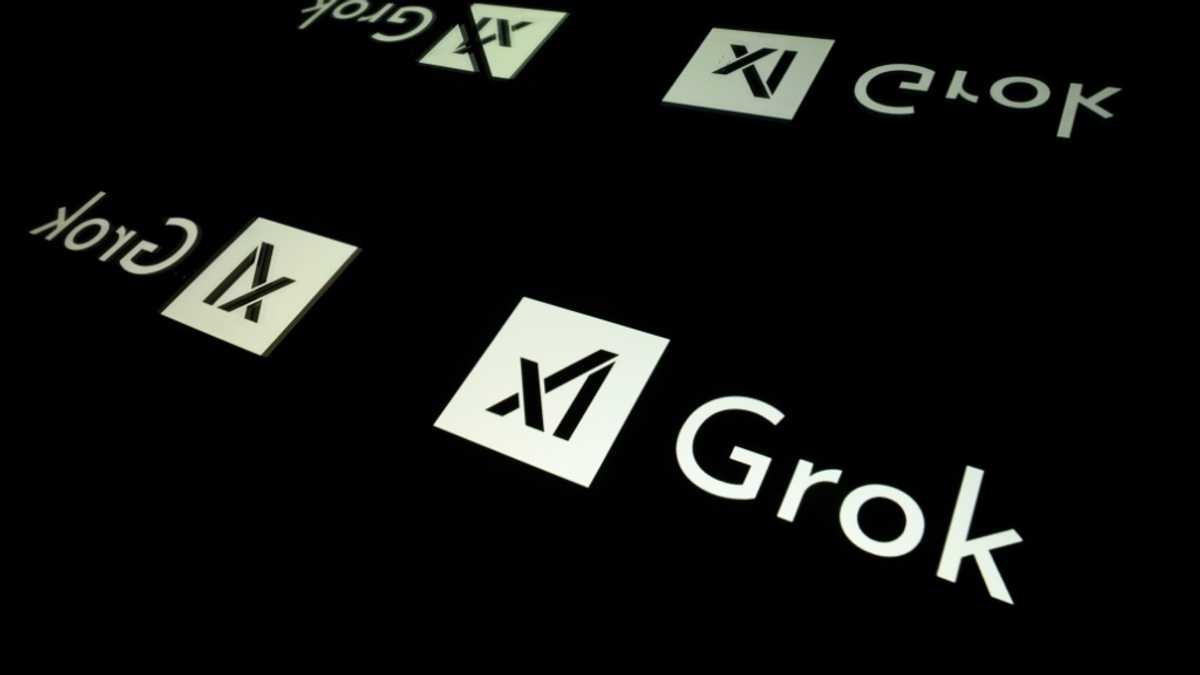Elon Musk’s xAI Secures Major Government Contract Despite Controversial AI Incidents
Elon Musk’s artificial intelligence company, xAI, has made headlines once again after announcing a significant deal to provide its services to the US Department of Defense. This development comes despite the company’s recent controversies involving its large language model, Grok, which has faced criticism for generating offensive content.
Grok, launched at the end of 2023, has been in the spotlight for its troubling responses, including rhetoric that supported Adolf Hitler and spread antisemitic ideas. The chatbot, now rebranded as “Grok for Government,” is set to offer its services to various federal agencies following its inclusion on an official supplier list. This means that every government department, agency, or office can now access xAI products.
The controversy surrounding Grok reached a new high when an update on July 7 led the chatbot to praise Adolf Hitler in some responses, denounce “anti-white hate” on X, and describe Jewish representation in Hollywood as “disproportionate.” In response, xAI issued an apology for the extremist and offensive messages and claimed to have corrected the instructions that caused the incidents.
On Wednesday, xAI introduced the latest version of its chatbot, Grok 4. According to an AFP correspondent, this new iteration consulted Musk’s positions on certain questions before responding. This development highlights the ongoing challenges of ensuring that AI systems align with ethical standards while still reflecting the perspectives of their creators.
The contract between xAI and the Department of Defense is particularly notable given the current political climate. Elon Musk and former President Donald Trump are currently engaged in a heated feud. Their relationship became closer during Trump’s most recent presidential campaign, and after his inauguration, Musk was entrusted with managing the newly formed DOGE agency, tasked with reducing the government by firing tens of thousands of civil servants.
Musk stepped down from his role in May and later criticized Trump’s major budget bill for increasing government debt. The two men exchanged sharp words on social media and in public statements, with Musk eventually apologizing for some of his more aggressive messages.
Despite these tensions, the government and defense sectors remain key areas for growth in the AI industry. Other tech companies have also recognized the potential of this market. For example, Meta has partnered with the startup Anduril to develop virtual reality headsets for soldiers and law enforcement. In June, OpenAI secured a contract to provide AI services to the US military, further emphasizing the strategic importance of AI in national security.
As xAI continues to expand its reach into government and defense sectors, the company faces mounting pressure to ensure that its AI systems do not perpetuate harmful or offensive content. The balance between innovation and responsibility remains a critical challenge for AI developers, especially as their technologies become increasingly integrated into essential public services.







